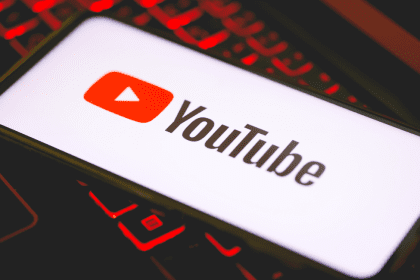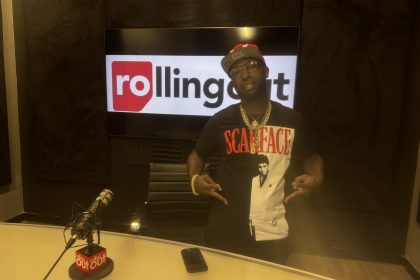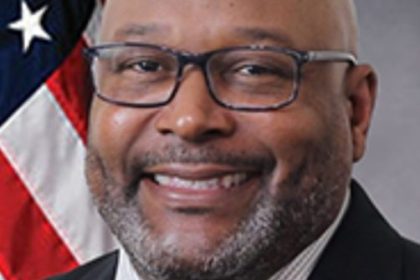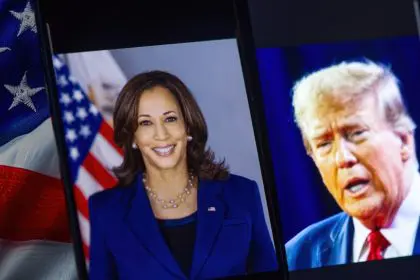 A new campaign has been launched to raise awareness of, and try to stop, bill S.978. Currently in Congress, S.978 would make it illegal to upload a video of yourself singing a copyright song. Those who upload such a video could face up to five years in jail.
A new campaign has been launched to raise awareness of, and try to stop, bill S.978. Currently in Congress, S.978 would make it illegal to upload a video of yourself singing a copyright song. Those who upload such a video could face up to five years in jail.
Although the campaign launched in opposition to the bill, titled “Free Bieber” by fans of Justin Bieber who shot to fame by performing various famous songs on YouTube, no other artist could be more affected than grassroots rapper Soulja Boy, as no performer has ever made better use of YouTube than Soulja Boy.
As early as 2005, Soulja Boy was posting his songs on music-based social community websites before creating his own pages on websites like YouTube and MySpace. Then, in 2007, Soulja Boy took the Internet by storm with his classic hit, “Crank That.” Everyone showed everyone they knew the video on YouTube, and it became a viral sensation. Soulja Boy’s has generated and received some how many views 70,000,000 views and counting. We remember the song, and the dance that went with it, purely because of Soulja Boy.
Many other hip-hop artists have gotten their start by releasing free mixtapes loaded with music on websites like mixtapekings.com and datpiff.com. Before the technology boom, hip-hop artists would often create bootleg CDs of their own material and sell them on the streets of their hometowns. However, with the Internet came an ability to deliver this music electronically with virtually no costs or limits. And so, the mixtape came into popularity, and was utilized by up-and-coming rappers to help gain publicity and establish a wide fan base.
And while it’s Bieber fans who are leading the charge against S.978, many others are concerned by the way the rights of large media companies are being championed by politicians over and above the rights of the American public.
The power of entertainment corporations is growing around the world, while copyright law in most jurisdictions remains rooted in a pre-Internet age. Not only are campaigners calling for S.978 to be scrapped, they also want an overhaul of copyright law so that it’s fit for the 21st century.











